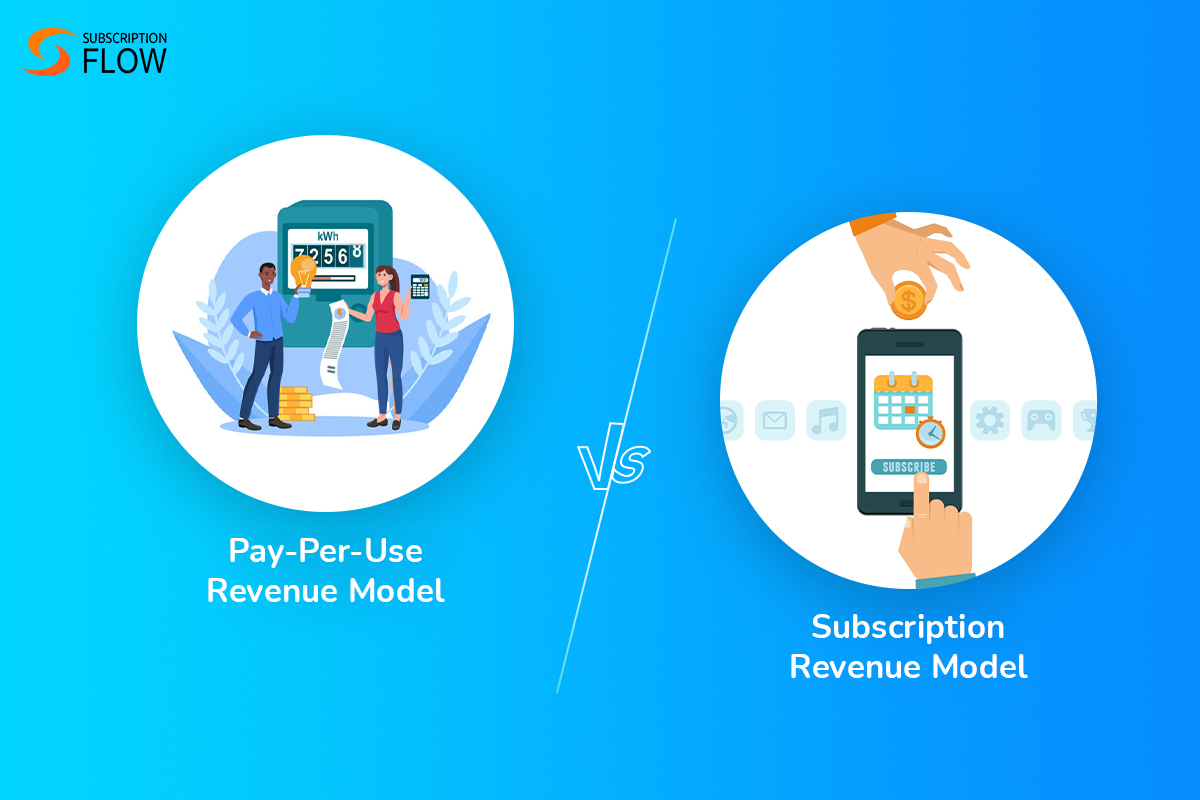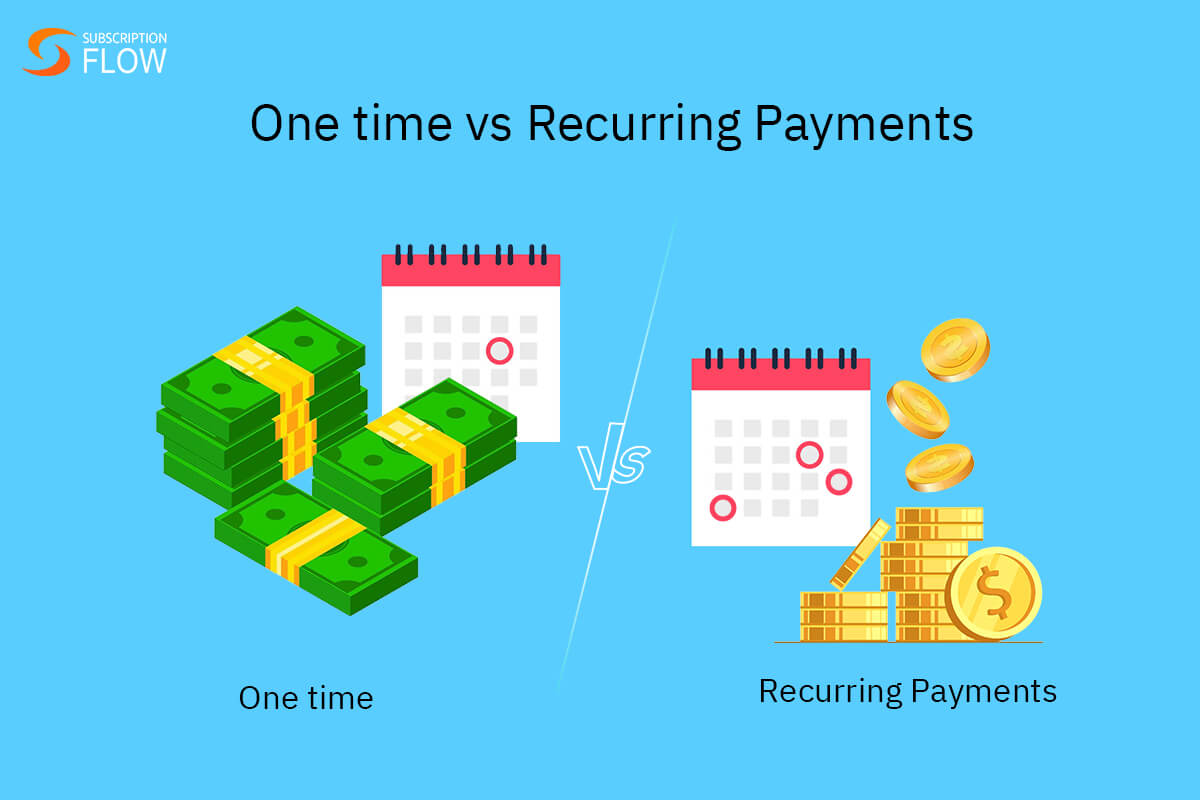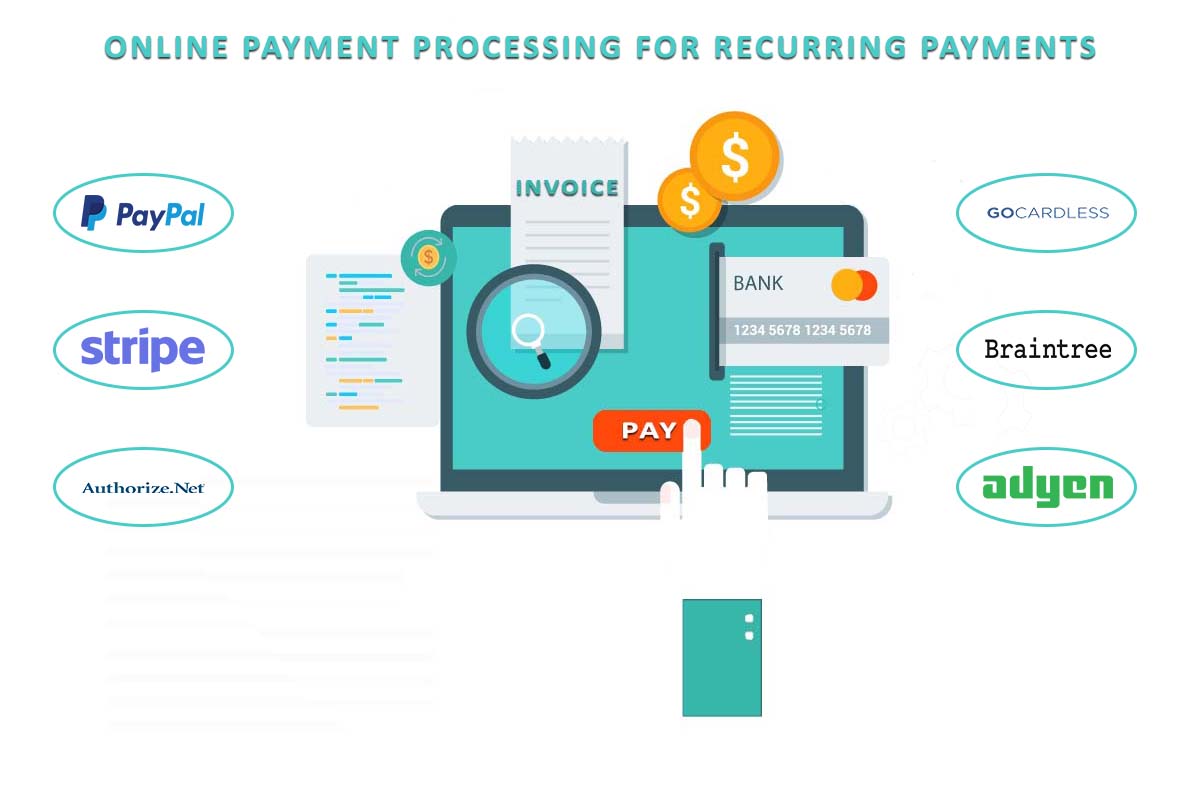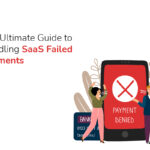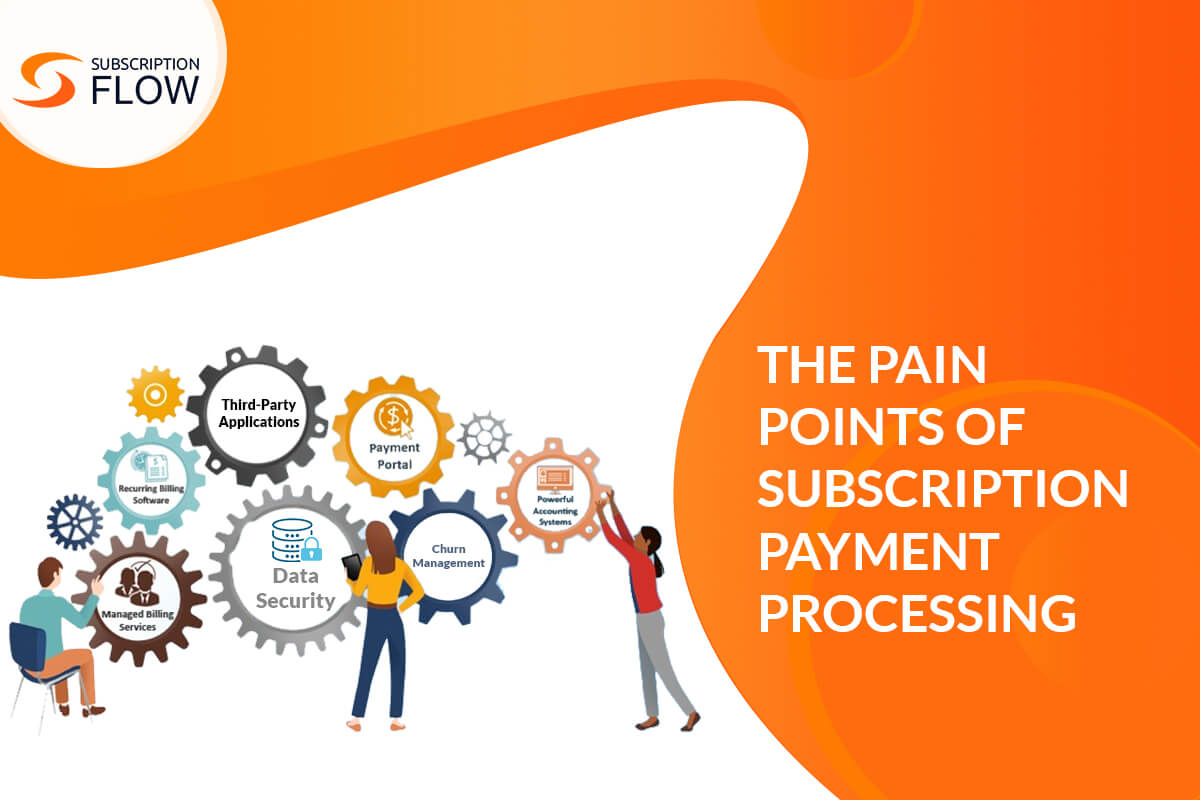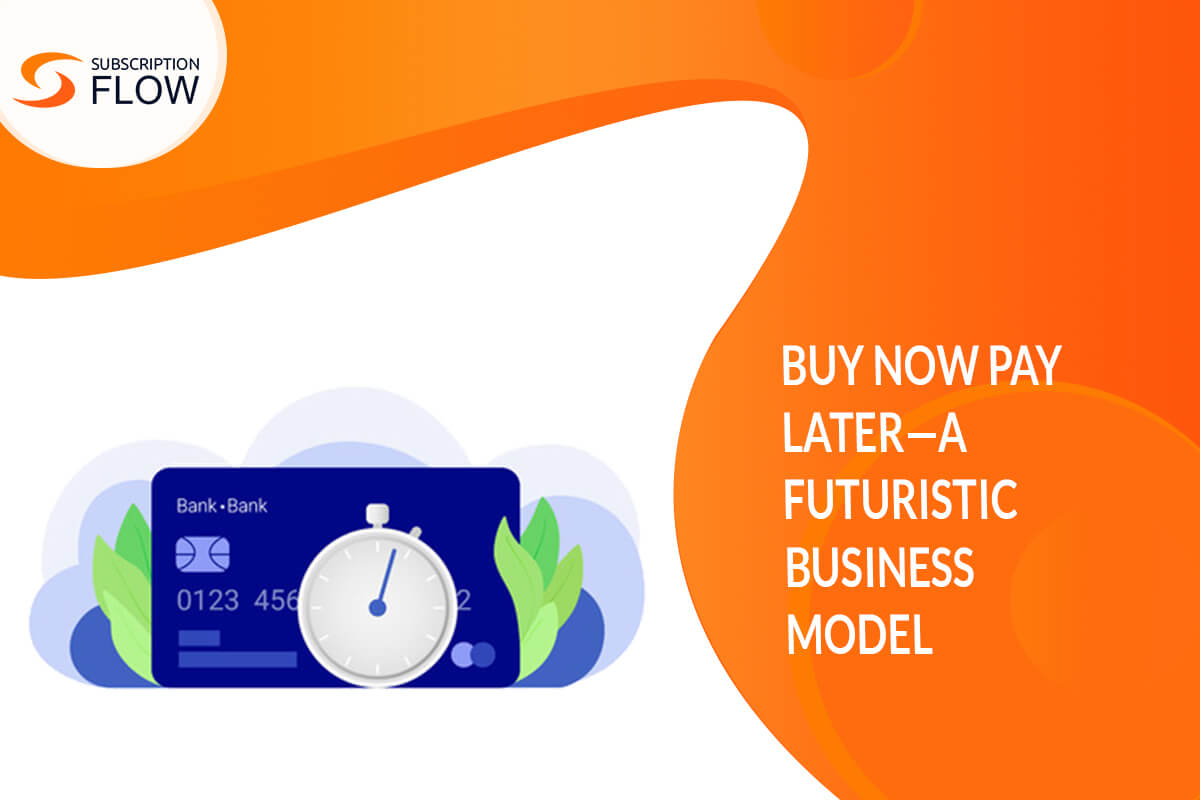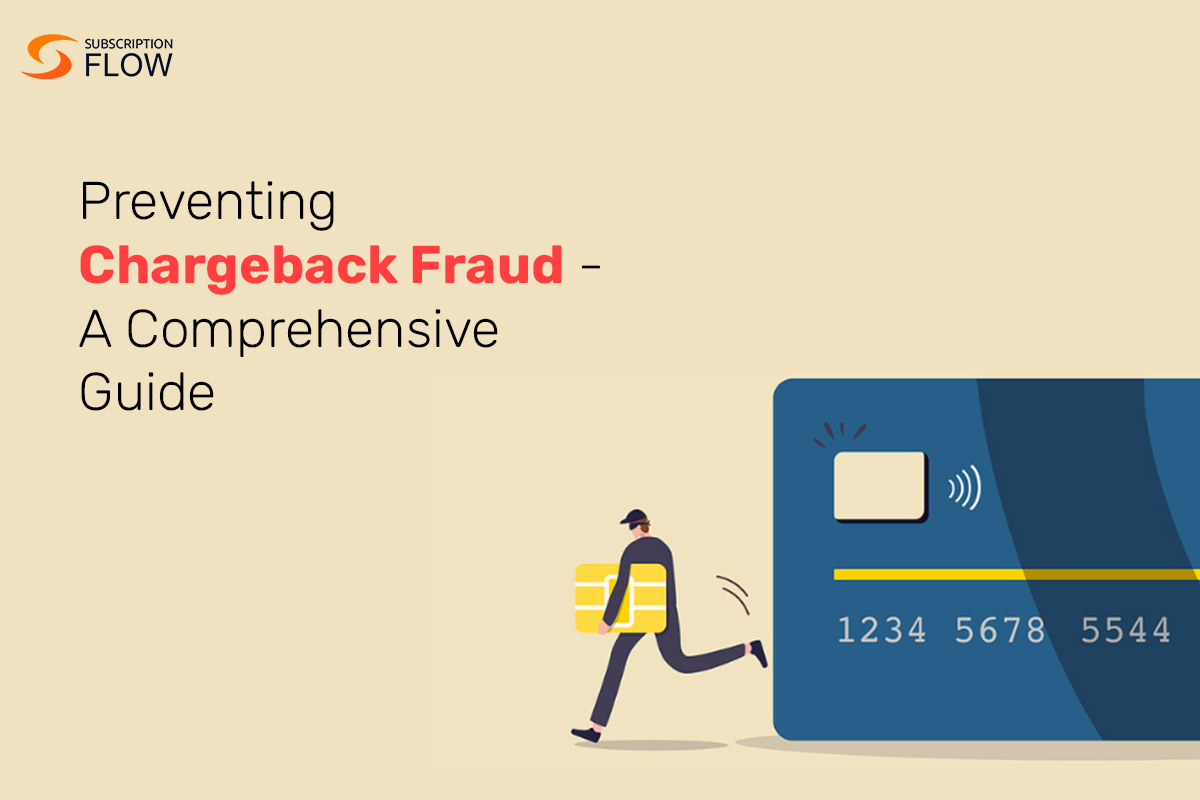
Preventing Chargeback Fraud – A Comprehensive Guide
Chargeback fraud is a rising issue that affects all types and sizes of businesses. According to a Juniper Research analysis, chargeback fraud will cost firms an estimated $20 billion by 2021. Chargebacks can occur for a variety of reasons, including corporate faults or customer dissatisfaction with a product or service.
Customers, on the other hand, use chargebacks to avoid returning things and requesting refunds, while fraudulent actors use them to steal from firms. In both circumstances, the negative effects of chargebacks can be devastating to a company’s financial health and reputation.
Understanding what chargeback fraud is, how it works, and which firms are most vulnerable is the first step in detecting, preventing, and responding to it. The following is a basic overview of what businesses should know about chargeback fraud, including methods to reduce your risk and how to deal to fraudulent chargebacks when they occur.
What is Chargeback Fraud?
Chargeback fraud, occurs when a customer makes a purchase using a credit card or other payment method and then initiates a chargeback with their issuing bank or payment provider to request a refund for the transaction.
However, in cases of chargeback fraud, the customer’s claim for a refund is not legitimate – they may be intentionally trying to deceive the system to obtain goods or services for free, or to unfairly recover the funds they spent.
Chargeback fraud can take several forms:
1. False Claims
The customer falsely claims that they did not receive the purchased goods or services, even though they did.
2. Unauthorized Transactions
The customer denies making the purchase altogether, claiming that their credit card was used without their permission.
3. Product or Service Dissatisfaction
The customer may request a chargeback due to dissatisfaction with the product or service, even if the merchant provided what was promised.
4. Credit Card Misuse
In some cases, individuals may knowingly make a purchase with the intent to later file a chargeback, effectively getting the product or service for free.
5. Excessive Chargebacks
Merchants that consistently receive chargebacks can be targeted by fraudsters who take advantage of their weak dispute management systems.
Chargeback fraud can be detrimental to merchants because it not only results in lost revenue but can also lead to increased costs, administrative work, and potential damage to the merchant’s reputation.
To prevent chargeback fraud, merchants often employ various measures such as improving customer service, providing clear and accurate product descriptions, maintaining detailed transaction records, and implementing fraud detection and prevention tools.
It’s worth noting that chargebacks are a legitimate consumer protection mechanism to address issues such as unauthorized transactions or instances where the merchant fails to deliver the promised goods or services. However, when exploited for fraudulent purposes, they can harm businesses and disrupt the overall payment ecosystem.
Friendly Fraud vs Chargeback Fraud
Chargeback fraud and friendly fraud are closely related terms that refer to deceptive practices involving payment disputes, but they differ in their underlying motivations and intentions. Chargeback fraud is a broader category that encompasses various forms of fraudulent chargebacks initiated by customers.
It includes situations where customers intentionally exploit the chargeback process to secure refunds they aren’t entitled to, often by making false claims about transactions. Chargeback fraud is essentially a type of payment fraud where customers misuse the chargeback system to their advantage, causing financial losses to merchants and payment processors.
On the other hand, friendly fraud is a specific subset of chargeback fraud. It occurs when a customer disputes a legitimate transaction, often due to misunderstandings, forgetfulness, or disputes related to the quality of the product or service received.
Unlike malicious chargeback fraud, friendly fraud usually doesn’t involve deliberate deception or the intent to cheat the system. Instead, customers may genuinely believe they are entitled to a refund, even though the merchant fulfilled their end of the transaction. While friendly fraud may not be as intentionally deceitful as other forms of chargeback fraud, it can still result in financial losses for businesses and complicate the payment ecosystem.
Why is Fraud Relating to Chargebacks Harmful to Businesses?
Fraud relating to chargebacks can be incredibly harmful to businesses for several reasons:
Financial Losses
Such fraud results in direct financial losses for businesses. When customers fraudulently obtain refunds through chargebacks, the business not only loses the revenue from the original sale but also incurs chargeback fees imposed by payment processors. These fees are meant to cover the administrative costs of handling chargebacks, but they still add to the financial burden.
Increased Operational Costs
Dealing with chargebacks requires businesses to allocate resources for customer service, dispute resolution, and administrative tasks. The time and effort spent on managing chargebacks could be better utilized for other aspects of business operations.
Reputation Damage
Fraud related to chargebacks can tarnish a business’s reputation. If customers perceive that the business is unable to effectively handle transactions or provide satisfactory products or services, it can lead to negative reviews, decreased customer trust, and a damaged brand image.
Risk of Account Suspension
High chargeback rates can result in payment processors and banks considering a business as high risk. This may lead to account suspension or termination of the merchant’s relationship with the payment processor, making it difficult to process payments and operate smoothly.
Inefficiencies in Dispute Handling
Legitimate customer disputes can get lost or ignored amidst a sea of fraudulent chargebacks. Businesses need to allocate resources to address both valid and fraudulent claims, which can lead to inefficiencies in dispute management.
Distraction from Core Activities
Dealing with fraudulent checkback can distract businesses from focusing on their core activities, such as product development, marketing, and customer satisfaction. The time and effort spent on managing fraud detracts from strategic growth initiatives.
Loss of Business Insights
Fraudulent chargebacks can distort the accuracy of business data and analytics. This can impact decision-making processes and prevent businesses from accurately assessing their performance and making informed choices.
Compromised Trust with Payment Providers
Repeated instances of chargeback fraud can erode trust with payment providers and banks. These institutions may become wary of extending services to the business, leading to limited payment processing options.
Legal and Regulatory Issues
In some cases, businesses may face legal consequences if fraud related to chargebacks becomes a pattern. Authorities may investigate and penalize businesses for their role in facilitating fraudulent activities.
Negative Industry Impact
Widespread fraud related to chargebacks can impact the entire industry’s reputation, leading to tighter regulations, increased scrutiny, and more stringent requirements for all businesses in the sector.
Preventing Fraudulent Chargebacks
Preventing chargeback fraud requires a multi-faceted approach that combines proactive measures, clear communication, and effective management of customer disputes. Here are some strategies to help prevent chargeback fraud:
1. Clear Communication and Transparent Policies
- Ensure that your refund, return, and cancellation policies are clearly stated on your website and during the checkout process.
- Provide accurate product descriptions, images, and terms of service to avoid misunderstandings and false claims.
2. Robust Customer Service
- Offer excellent customer service and respond promptly to customer inquiries and concerns.
- Provide multiple channels for customer support, making it easy for customers to reach out with questions or issues.
3. Detailed Transaction Records
- Maintain detailed records of transactions, including order details, communication history, and tracking information.
- These records can be crucial evidence in case of a dispute.
4. Secure Payment Processing
- Implement secure payment gateways and fraud detection tools to identify and prevent suspicious transactions.
- Use address verification systems (AVS) and card security codes (CVV) to verify the legitimacy of transactions.
5. Authentication and Verification
- Implement two-factor authentication for customer accounts to enhance security.
- Consider using advanced identity verification methods, such as biometrics or device fingerprinting.
6. Use Dispute Mediation
- Engage in open communication with customers who express dissatisfaction.
- Attempt to resolve disputes through negotiation, refunds, or replacements, thus preventing escalation to chargebacks.
7. Data Analytics
- Analyze transaction data to identify patterns that might indicate fraud or abuse.
- Use machine learning algorithms to detect anomalies and potential fraud.
8. Educate Customers
- Educate customers about the chargeback process and encourage them to contact you directly with any issues.
- A well-informed customer is less likely to initiate unwarranted chargebacks.
9. Monitor Chargeback Ratios
- Keep track of your chargeback-to-transaction ratio, as excessive chargebacks can indicate potential issues with your business or fraud.
10. Professional Dispute Management
- Consider using professional dispute management services that specialize in handling chargebacks and customer disputes.
11. Continuous Improvement
- Regularly review and update your policies and procedures based on customer feedback and industry best practices.
Using a Subscription Management Platform to Prevent Fraudulent Chargebacks
A subscription management platform, like SubscriptionFlow, integrated with payment gateways and accounting platforms like Xero and QuickBooks can play a pivotal role in preventing fraudulent chargebacks through enhanced transparency, streamlined processes, and data accuracy.
Firstly, such an integrated system provides comprehensive tracking and visibility into subscription transactions, allowing businesses to closely monitor customer activities. By closely aligning subscription details with payment records and financial data, discrepancies or anomalies can be promptly identified.
This visibility enables businesses to address potential issues before they escalate into chargeback disputes. Additionally, automated alerts and notifications can be set up to promptly inform businesses about any unusual patterns, ensuring swift action to prevent fraudulent activity.
Secondly, integration with accounting platforms like Xero and Quickbooks ensures accurate and consistent financial data management. This cohesive approach minimizes errors and discrepancies that could trigger disputes. The synchronized data flow between subscription management, payment processing, and accounting systems reduces the chances of misunderstandings that might lead to friendly fraud.
Moreover, these integrations enable easy retrieval of historical transaction records, providing tangible evidence to counter unwarranted chargeback claims. By maintaining a comprehensive record of customer interactions, product deliveries, and payment receipts, businesses can confidently address customer inquiries, disputes, and potential chargebacks with accurate and detailed information.
Read more: Streamlining Your Business Finances: Embrace the Efficiency of SaaS Accounting Software
Final Word
Chargeback fraud isn’t just about the immediate financial losses. It also has ripple effects that affect a business’s financial stability, reputation, operational efficiency, and growth prospects. Preventing and managing chargeback fraud is crucial for maintaining a healthy business environment and fostering customer trust.
By implementing a combination of these strategies, and using a subscription management platform like SubscriptionFlow, you can reduce the risk of chargeback fraud, maintain positive customer relationships, and ensure a more secure and trustworthy payment environment for your business.
Book a demo with us to find out more!

